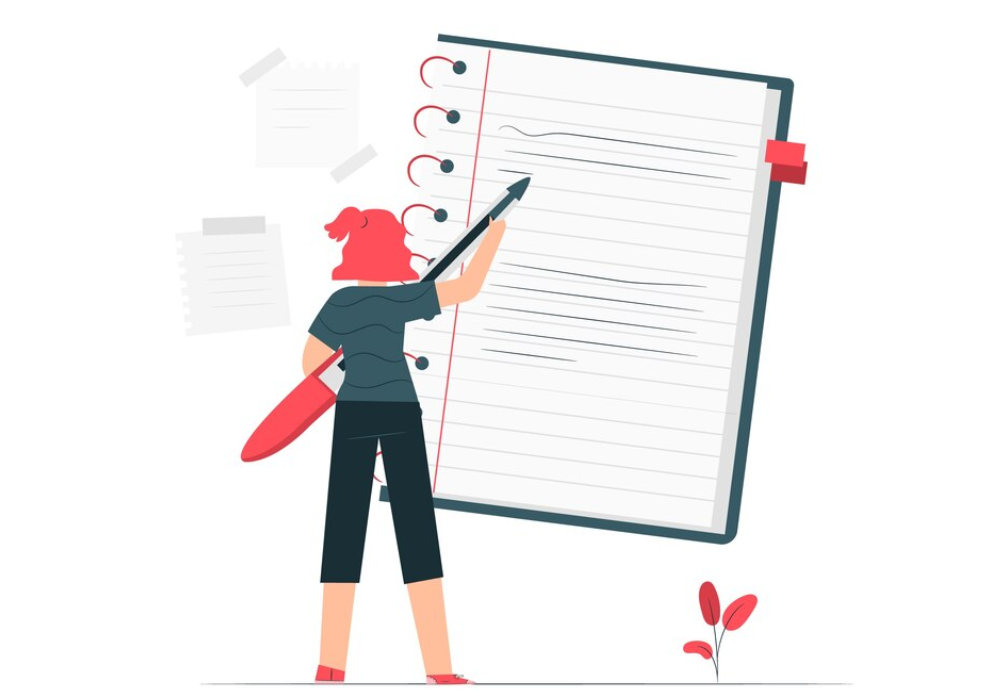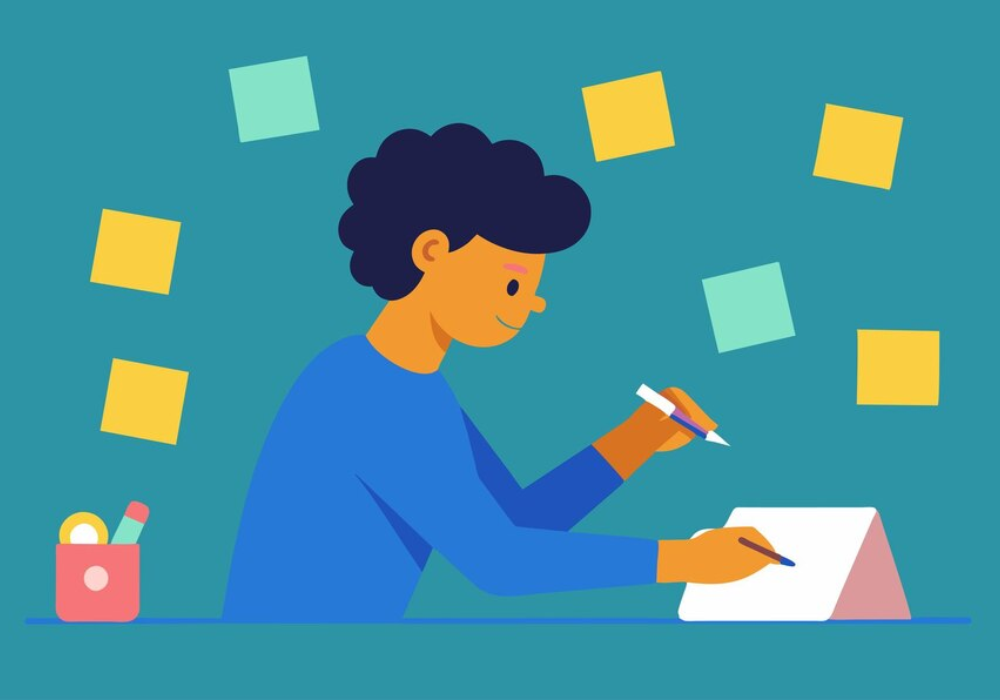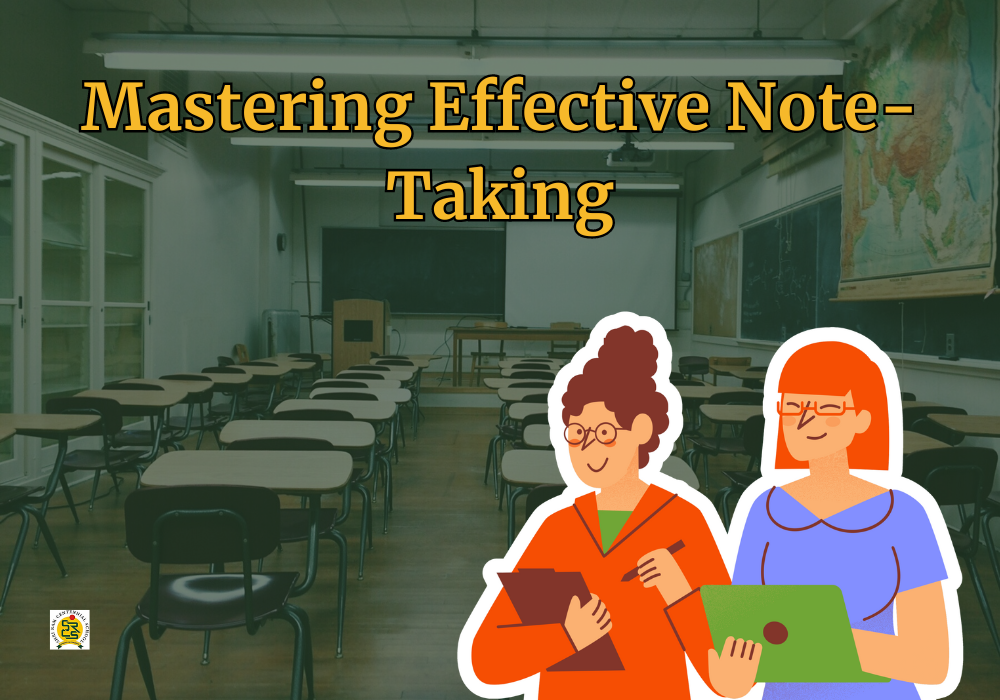In today’s fast-paced and competitive academic environment, mastering effective note-taking is more crucial than ever. Students, including those attending prestigious schools in Dehradun, often find themselves overwhelmed with a plethora of information across various subjects.
The ability to capture and organize this information efficiently can significantly impact their academic success. Effective note-taking not only aids in understanding and retention but also enhances overall learning efficiency. This article delves into the importance of effective note-taking and provides actionable tips for students to boost their academic performance.
Understanding the Importance of Note-Taking

Effective note-taking is far more than just recording information verbatim. It is a dynamic process that involves actively engaging with the material presented, identifying key concepts, and organizing ideas in a meaningful way. Here’s why note-taking is so crucial:
Enhanced Focus and Attention: Actively taking notes requires students to pay close attention to what is being taught. This active engagement helps maintain focus during lectures and discussions, reducing the likelihood of distractions.
Efficient Review and Study: Well-organized notes are easier to review and study from. Instead of sifting through a jumble of unstructured information, students can quickly locate and understand key points.
Development of Critical Thinking: Effective note-taking encourages students to process and summarize information rather than simply recording it. This practice fosters critical thinking and helps in better comprehension and analysis of the material.
Improved Retention and Recall: The process of writing down information helps to reinforce learning and improves the ability to recall information later. This is because the act of note-taking engages multiple senses and cognitive processes, enhancing memory retention.
Benefits of Effective Note-Taking
The research underscores the positive impact of effective note-taking on academic performance. Here are some notable benefits:
- Improved Understanding and Retention: By distilling information into key points and organizing it logically, students gain a clearer understanding of the material, which aids in long-term retention.
- Better Organization and Review: Structured notes allow for easier organization of information, making it simpler to review and consolidate learning. Students can quickly reference important points and track their progress.
- Increased Efficiency in Studying: Well-maintained notes can significantly reduce the time spent studying. Instead of starting from scratch, students can use their notes as a focused study guide.
- Enhanced Critical Thinking and Analysis: The process of summarizing and organizing information encourages deeper engagement with the material, promoting higher-order thinking skills such as analysis and evaluation.
- Boosted Confidence and Reduced Stress: Knowing that they have a well-organized set of notes can boost students’ confidence in their ability to study effectively. This can lead to reduced stress and improved performance during exams and assignments.
Tips for Effective Note-Taking

To harness the benefits of note-taking, students should adopt strategies that maximize the efficiency and effectiveness of their notes. Here are some practical tips:
- Be Selective: Focus on capturing key information rather than trying to transcribe every word. Identify main concepts, important facts, and relevant details. This helps in avoiding overload and ensures that the notes are concise and meaningful.
- Use Headings and Subheadings: Organize your notes with clear headings and subheadings. This hierarchical structure makes it easier to navigate through different sections of the material and helps in better organization.
- Incorporate Visual Aids: Visual aids such as diagrams, charts, and images can make complex information more digestible. Use them to illustrate relationships, processes, and structures, enhancing your understanding of the material.
- Practice Active Listening: Pay close attention to the instructor and be mindful of cues that indicate important points. Active listening involves not just hearing but comprehending and reflecting on what is being taught.
- Review and Revise Regularly: Set aside time to review and revise your notes periodically. This helps reinforce the material and ensures that your notes remain accurate and up-to-date.
- Use Technology Strategically: Digital tools and apps can enhance note-taking efficiency. Consider using note-taking apps that allow for easy organization, searchability, and integration with other resources. However, be mindful of distractions when using digital devices.
- Develop a Note-Taking System: Establish a consistent method for taking and organizing your notes. Whether you use the Cornell method, mind mapping, or another technique, having a structured approach helps in maintaining clarity and coherence.
- Collaborate with Peers: Sharing notes and insights with classmates can provide additional perspectives and fill in gaps. Group study sessions and collaborative note-taking can enhance learning and understanding.
Conclusion
Mastering the art of effective note-taking is a vital skill that can greatly impact academic success. By focusing on key information, organizing notes effectively, and leveraging various strategies, students can improve their ability to absorb, process, and retain information.
The tips provided in this article offer practical guidance for students aiming to enhance their note-taking skills and, consequently, their overall academic performance. Remember, effective note-taking is not just about recording information; it’s about engaging deeply with the material, organizing ideas clearly, and setting the foundation for lifelong learning and academic achievement.










